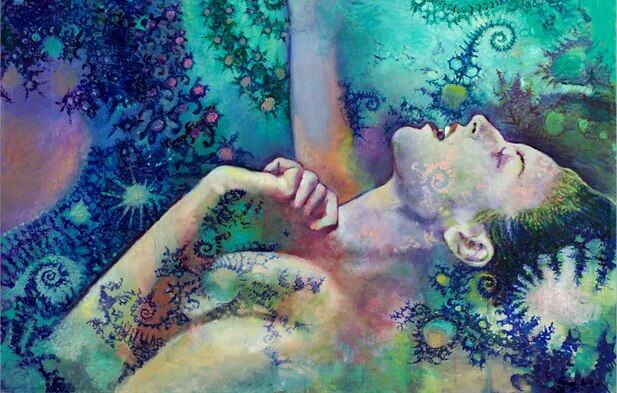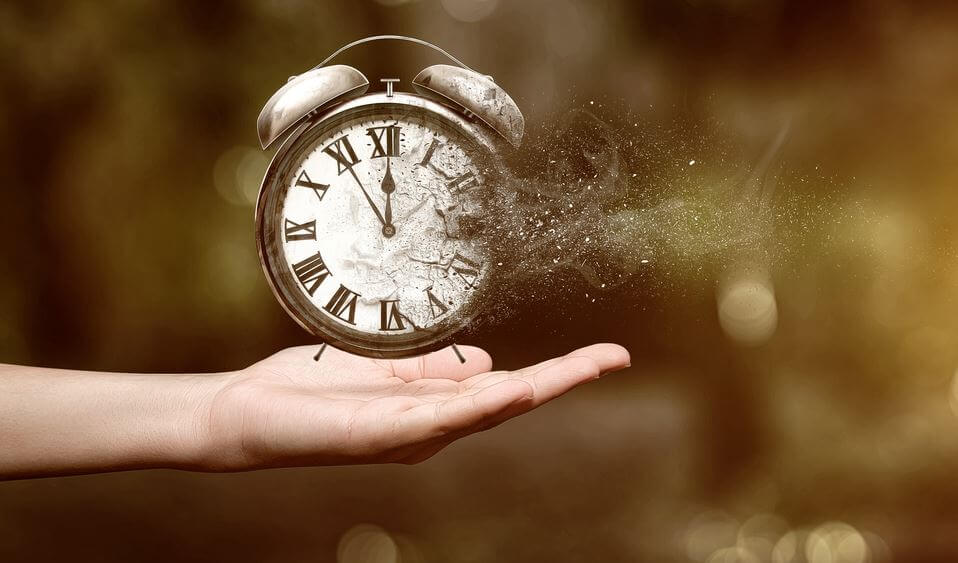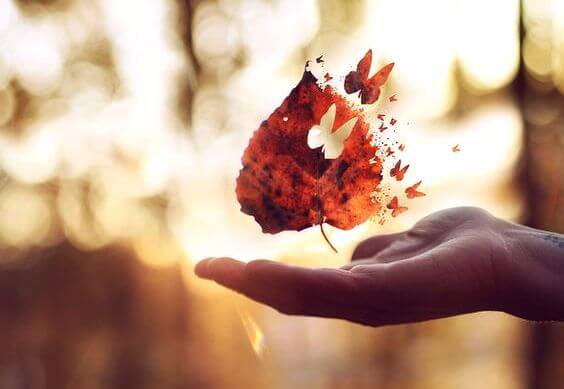Personal Catastrophes: The Best Guides for Our Emotions

Sometimes I feel like I’m going to fall, like I’m collapsing. And then I think… I’m stronger than all of this, I have gone through worse things in the past. My friends are going through even worse personal situations and still remain optimistic…But reality says otherwise. We are projects guided by emotions. So, sometimes I assume that I’m feeling badly and that it doesn’t have to be rational. And then I cry, I cry a lot, to see if my wounds can be healed by tears, or ice cream, or by hugs. And, in fact, sometimes they can be healed that way.
But other times…there is nothing to calm the uneasiness that I feel inside. And I insist to my loved ones that no, it is not their fault. And no, there’s nothing they can do. They can simply be there with me…sometimes that’s even more helpful than actually doing something. I feel frustrated, and angry. Because yes, psychologists are a sort of topographer. We map out the paths so that people may reach their happiness. This doesn’t necessarily imply that we have our own path figured out. As the saying goes, “The tailor’s wife is the worst clad”.
Have you ever thought about it?

What are metaemotions?
A metaemotion is an emotion that emerges from the recognition or acknowledgement of another emotion. For instance, when you feel guilty for having gotten angry at a friend. Do you truly have a reason to feel this way? If your answer is no, congratulations, you don’t have to keep reading if you don’t want to. But most of us think that we do. Because otherwise, we wouldn’t feel that way. If this is your case, and you would like to know what to do about it, here we will see how to identify and manage this type of emotion.
The truth is that it is normal for one emotion to bring about other emotions. The real problem lies in not being able to identify and channel these metaemotions when they start to interfere with our life and our usual way of behaving. This is the case of many mothers and fathers who feel guilty about feeling happy.
What am I talking about? Families who have been touched by tragedy have been forced to survive rather than truly live. Therefore, leisure is totally and completely indispensable, even more so if there are children involved. What does this produce? It makes it so that when the main supporters of this family have a space to disconnect (go to a match with their friends, have a cup of coffee with some coworkers…) or a necessity (such as a new coat, or going to the salon) they ignore it because “there are other priorities”. And, in case they do attend to it, many times they end up feeling guilty for having enjoyed themselves. The same thing happens when you have an ill family member.

Natural catastrophe
The mere lesson that the experience wasn’t positive, is in itself positive. I call it “natural catastrophes.” It’s all of those extremely negative and painful, yet inevitable, life events which change you in some way. They change you, incredibly, for the better. It’s true that at times it seems that life is testing you. Usually, you ask yourself the typical, “What have I done to deserve this?”.
The worst part is that oftentimes there is no answer to that question. You haven’t done anything to deserve it and, even so, a family member becomes ill. Or, you get fired from your job or got into a serious car accident. And no, you are never the same again, and you also don’t know how to move forward with your new self. You as yourself, not as the people around you, those who notice that you have changed and that something is off. The pain remains, but now as something that is a part of you. You have accepted it and know that it is not going to go away. But, at the same time, you can see the bright side to it and feel good because of it.
They are natural catastrophes, because you can’t prevent them. They destroyed everything that you knew. And now they are in the past, but there is still a very noticeable trace of the damage they have caused. We all have our own natural catastrophes. And, I want to say that, nobody is safe from them, but you are the one who decides what to do when one strikes.
In 2011, of the 365 days in the year, only 6 minutes out of all of those days caused a breach in the lives of a great deal of people around the world. The tsunami in Japan left 15,893 dead, 172 wounded and 8405 missing. Two very different reactions came out of the people who lived through this experience. On one hand, those who now fear and will fear the ocean for the rest of their lives. On the other, there are those who will incorporate this event as a part of their vital experiences.
Completing cycles in order to move forward
Stop, breathe and think… life is full of cycles that we should complete and close. Nobody has a perfect life. Everything is a struggle, everything passes. In fact, we need these tough times in order to truly realize how important it is to enjoy the crest of the wave when we find ourselves at the very top.
So, how can you complete these cycles? Well, the answer to this question takes me to a book I read some time ago, and which wasn’t at all like the typical self-help manual. The book was filled with advice on how to say goodbye to people who were aware that they were ill with a terminal illness. Well, it can be summarized into four phrases: I’m sorry, I for give you, I love you, and thank you.

Liberate your emotions
Well, now you are probably asking yourself what to do with this information if you’re not going through the terminal stage of a disease. You can say these four phrases to the person or situation that doesn’t let you move forward. That is to say, recognize your mistakes and those of others, but also recognize the good that both of you did. Acknowledge the appreciation you have for that person and smile in the face of that stage in you life. Give thanks for having lived the experience.
Forgiveness does not exempt you from your actions, but at the same time it allows you to let go of the things you’ve been anchored to. It offers you the possibility of seeing yourself and others as much more complex and enriched entities. It no longer affects you, you can move forward. The book talks about a woman who forgave her father, who had abused her, on his death bed.
We are all humans. We make mistakes. Forgiving life and yourself for those moments and decisions you are not proud of and incorporating them as part of your past, without feeling uncomfortable for it, that is one of the most beautiful challenges there are. It is these people who will make a natural catastrophe become a strong point in their lives and personalities. And they will come back. They will return and look the sea straight in the eye and say “I’m still here”.
None of us can choose our natural catastrophe, but we can choose whether to run away or come out stronger from them. Mine started some time ago, and I wouldn’t change any of what has happened since then that has lead me to where I am now.

This text is provided for informational purposes only and does not replace consultation with a professional. If in doubt, consult your specialist.








